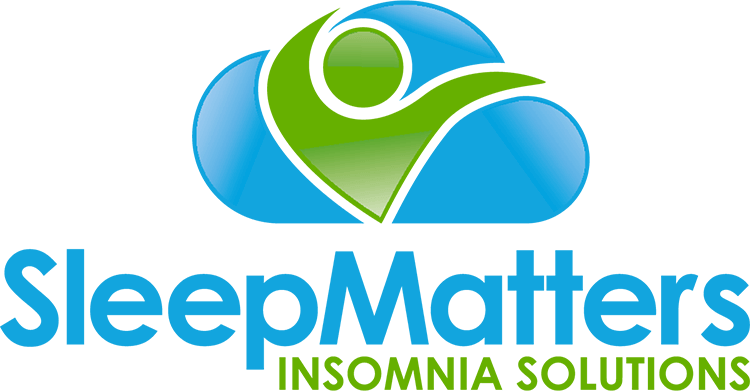The answer is, it depends. Read on to learn about the potential benefits of naps and how to realise them.
In general, for a healthy adult, a long daytime sleep is not a great idea as it is likely to lead to sluggishness on waking (often worse than before the sleep), and it can wreak havoc with sleep that night- especially if the daytime sleep is within 8 hours of bedtime. For people with Insomnia, long daytime naps can become a part of the vicious cycle that keeps the poor nighttime sleep going.
But what about shorter daytime naps? We’ve all heard the term ‘power nap’, but there is stigma about naps being lazy, unhealthy, and unhelpful.
A power nap is a very short daytime sleep of 10-20 minutes. It may be hard to believe that a sleep this short could provide much benefit, but the science tells us that short daytime sleeps can be hugely beneficial. Lets have a closer look.
A powernap of 10-20 minutes is great for a boost in alertness and cognitive function (for up to 3 hours after the nap), is not likely to make you feel groggy, and is unlikely to negatively impact your night sleep that night. During a nap this short, you are unlikely to go into a deep sleep and this assists in waking up feeling ready to hit the ground running. Research also suggests that a brief nap can enhance athletic performance after a short night of sleep. So if you feel too tired to hit the gym after work, see if slotting in a power nap at lunchtime helps.
While a longer nap of 30-60 minutes has been shown to have beneficial effects on memory and creativity (for up to 24 hours after the nap), be wary of their impact on both grogginess following the nap and increased difficulty with your nighttime sleep that night. During a nap of this length you will likely go into a deeper sleep and waking during this causes ‘inertia’ or grogginess on waking that can last 45 minutes or so.
A nap of 90 minutes equates to a full sleep cycle. You are likely to go through all the sleep stages during a 90 minute sleep (light, deep, and dreaming sleep) and if you wake naturally at the end of the sleep cycle, sleep inertia or grogginess is likely to be minimal. While this length of nap has been shown to have positive effects on creativity and the learning of new skills (eg. playing piano), the effects on sleep at night can be problematic. A 90 minute sleep during the day is likely to come off your nightly total sleep time.
In the case of sleep deprivation, naps can certainly be beneficial. A study published in the Journal of Sleep Research showed that even a 10 minute nap could improve alertness and cognitive performance in individuals whose sleep was restricted to five hours the preceding 4 nights. Even in well-slept people, short naps can improve reaction time, logical reasoning and mood. This is something may companies with FIFO workers could take on board, as workers on night shift often have short sleep durations.
Further, there is evidence that daytime naps may improve cardiovascular health. A study of over 23,000 people (in Greece, where siestas are common) tracked participants for 6 years. They found that naps at least 3 times a week resulted in lower coronary mortality rates compared with non-nappers. Siestas of any length or frequency were associated with a 34% lower risk of dying from heart disease, even after other risk factors were accounted for.
Some corporations such as Google, Uber, and Ben and Jerry’s promote napping as they recognise the beneficial effects of a short, well-timed nap on performance.
Tips for Daytime Naps
If you feel the need for a recharging nap, consider the following:
1. Make it 8 or more hours before your bedtime (so before 2.30pm for an 11pm lights out)
2. Make it just 10-25 minutes in length (you do not want to go into deep sleep)
3. Caffeine before the nap can help to maximise the regenerative effect. Caffeine takes about 20 minutes to take effect.
4. Prepare your environment: get comfortable, a dim room or eye mask may help, if possible, have a cool room and use a blanket (it’s easier to fall asleep in cooler temperatures).
5. Set a timer so you don’t oversleep.
Sleep Matters is a team of health professionals with specific training and experience in helping people with Insomnia.
For other posts on sleep, Insomnia and it’s treatment, have a look at our blog.
Please also see information about Sleep Matters and the treatment services we offer.
